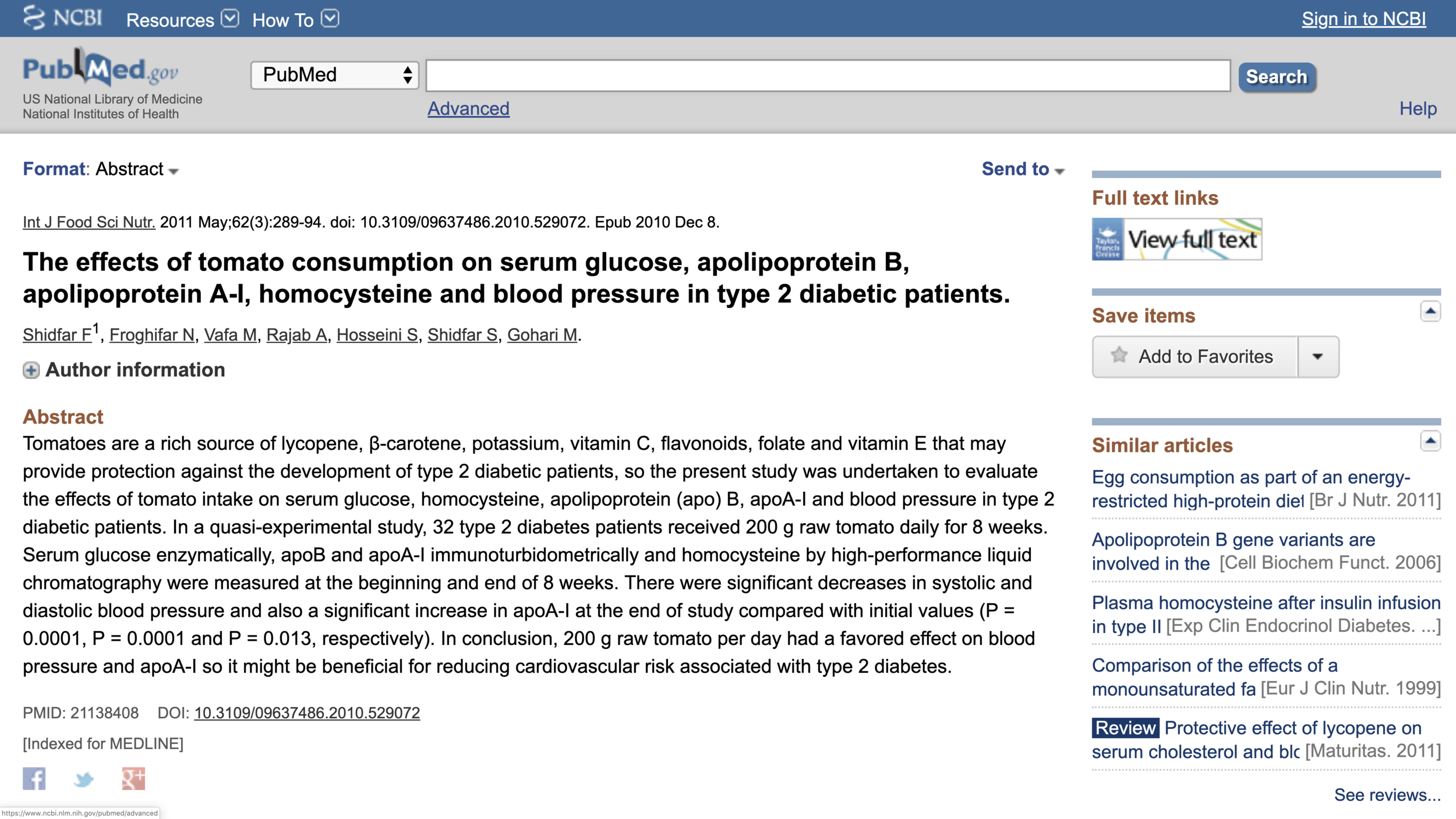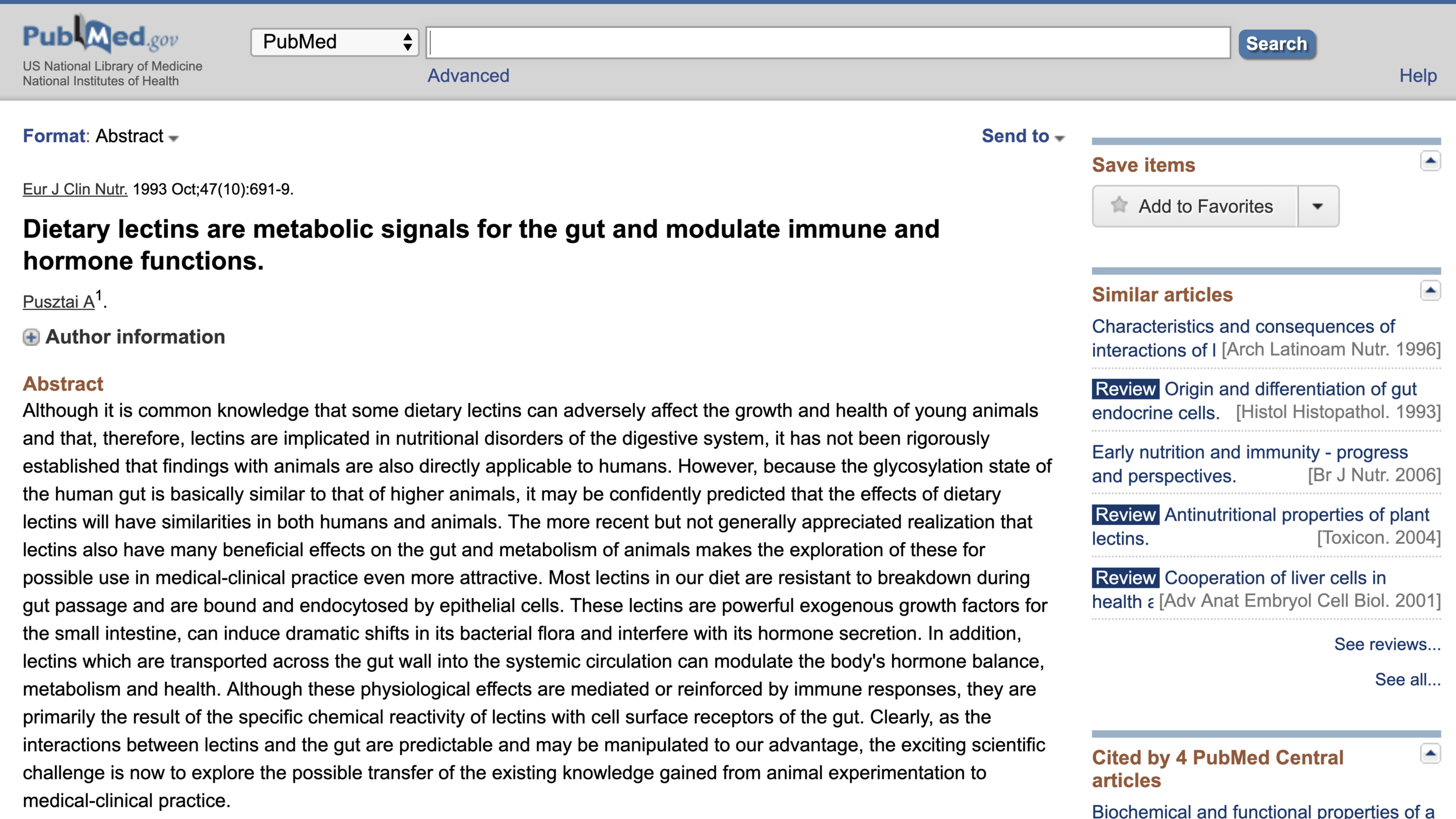John Locke: If Rebellion is a Sin, It is a Sin Committed Most Often by Those in Power
Who is the rebel? The Empire or the Rebellion? John Locke says it is the Empire. Image source.
In Sections 223-227 of Chapter XIX, “Of the Dissolution of Government” of his 2d Treatise on Government: Of Civil Government, John Locke is answering the objection that his doctrine “lays a ferment for frequent rebellion.” John Locke’s three answers are:
People don’t need Lockean doctrine in order to rise up. They would rise up anyway if things are really bad.
People don’t rise up over small things.
Who is the real rebel? Those overthrowing tyrants, or those who rebel against natural law by becoming tyrants?
On the 2d answer, see “Governments Long Established Should Not—and to a Good Approximation Will Not—Be Changed for Light and Transient Causes.”
As for the 1st answer, in Section 224, John Locke writes:
§. 224. But it will be said, this hypothesis lays a ferment for frequent rebellion. To which I answer,
First, No more than any other hypothesis: for when the people are made miserable, and find themselves exposed to the ill usage of arbitrary power, cry up their governors, as much as you will, for sons of Jupiter; let them be sacred and divine, descended, or authorized from heaven: give them out for whom or what you please, the same will happen. The people generally ill treated, and contrary to right, will be ready upon any occasion to ease themselves of a burden that sits heavy upon them. They will wish, and seek for the opportunity, which in the change, weakness and accidents of human affairs, seldom delays long to offer itself. He must have lived but a little while in the world, who has not seen examples of this in his time: and he must have read very little, who cannot produce examples of it in all sorts of governments in the world.
As for the 3d answer, here is how John Locke puts his challenge “Who is the real rebel? The tyrant or those rising up to restore the social contract?"
§. 226. Thirdly, I answer, that this doctrine of a power in the people of providing for their safety, anew, by a new legislative, when their legislators have acted contrary to their trust, by invading their property, is the best fence against rebellion, and the probablest means to hinder it: for rebellion being an opposition, not to persons, but authority, which is founded only in the constitutions and laws of the government; those, whoever they be, who by force break through, and by force justify their violation of them, are truly and properly rebels: for when men, by entering into society and civil government, have excluded force, and introduced laws for the preservation of property, peace, and unity amongst themselves, those who set up force again in opposition to the laws, do rebellare, that is, bring back again the state of war, and are properly rebels: which they who are in power, (by the pretence they have to authority, the temptation of force they have in their hands, and the flattery of those about them) being likeliest to do; the properest way to prevent the evil, is to shew them the danger and injustice of it, who are under the greatest temptation to run into it.
§. 227. In both the forementioned cases, when either the legislative is changed, or the legislators act contrary to the end for which they were constituted; those who are guilty are guilty of rebellion: for if any one by force takes away the established legislative of any society, and the laws by them made, pursuant to their trust, he thereby takes away the umpirage, which every one had consented to, for a peaceable decision of all their controversies, and a bar to the state of war amongst them. They, who remove, or change, the legislative, take away this decisive power, which nobody can have, but by the appointment and consent of the people; and so destroying the authority which the people did, and nobody else can set up, and introducing a power which the people hath not authorized, they actually introduce a state of war, which is that of force without authority: and thus, by removing the legislative established by the society, (in whose decisions the people acquiesced and united, as to that of their own will) they untie the knot, and expose the people anew to the state of war. And if those, who by force take away the legislative, are rebels, the legislators themselves, as has been shewn, can be no less esteemed so; when they, who were set up for the protection, and preservation of the people, their liberties and properties, shall by force invade and endeavour to take them away; and so they putting themselves into a state of war with those who made them the protectors and guardians of their peace, are properly, and with the greatest aggravation, rebellantes, rebels.
I consider the heart of these two sections to be this passage from Section 226:
… men, by entering into society and civil government, have excluded force, and introduced laws for the preservation of property, peace, and unity amongst themselves, those who set up force again in opposition to the laws, do rebellare, that is, bring back again the state of war, and are properly rebels: which they who are in power, (by the pretence they have to authority, the temptation of force they have in their hands, and the flattery of those about them) being likeliest to do; …
For links to other John Locke posts, see these John Locke aggregator posts:




















